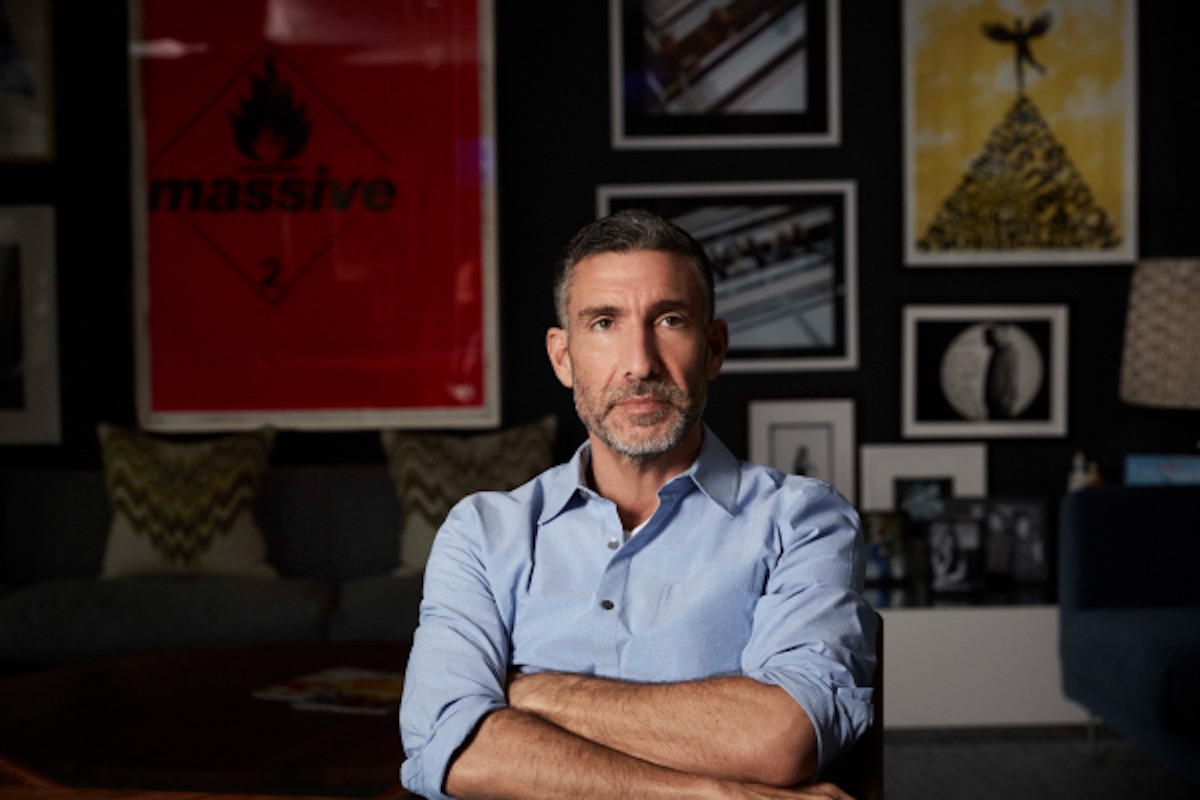The Royal Society of Arts has named David Joseph CBE, former Chairman and CEO of Universal Music UK, as its next Chief Executive. He will take up the role this month, following the departure of Andy Haldane.
Joseph, a figure long associated with the reshaping of Britain’s cultural industries, arrives at the RSA after seventeen years at the helm of Universal. His tenure coincided with the most radical shifts in the music business for a generation, guiding the company through the digital transition while positioning British artists on a global stage.
His appointment signals the RSA’s intent to align its 271-year history of social and cultural advocacy with leadership grounded in both commercial acumen and progressive values. Known for an approach that combines pragmatism with collaboration, Joseph’s career extends beyond the record industry: he was instrumental in the BAFTA and Oscar-winning documentary Amy, launched Creative Differences—a framework for neurodiversity in the workplace adopted internationally—and served as a founding board member of Julie’s Bicycle, advancing the cultural sector’s environmental agenda.
Other commitments have underscored his civic focus. He has worked with Baroness Doreen Lawrence on music industry support for Unity, marking the twentieth anniversary of Stephen Lawrence’s murder, and, as Chair of the Grenfell Foundation, continues to advocate for justice and community-centred reform.
Sir Loyd Grossman, Chair of the RSA, welcomed the appointment, praising Joseph’s “commitment to social change” and “capacity to nurture people and ideas,” qualities he described as essential to the organisation’s next phase.
Joseph himself framed the role as an opportunity to build on the RSA’s historic strengths at a moment of acute global challenges. “The RSA has a remarkable heritage and untapped potential,” he said. “At a time when fresh thinking and collective action are urgently needed, the RSA is uniquely placed to unite creativity, policy, and its global Fellowship to shape society.”
His arrival sets the stage for the RSA to recalibrate its cultural and civic mission under a leader who has already demonstrated how art, industry, and activism can intersect.

